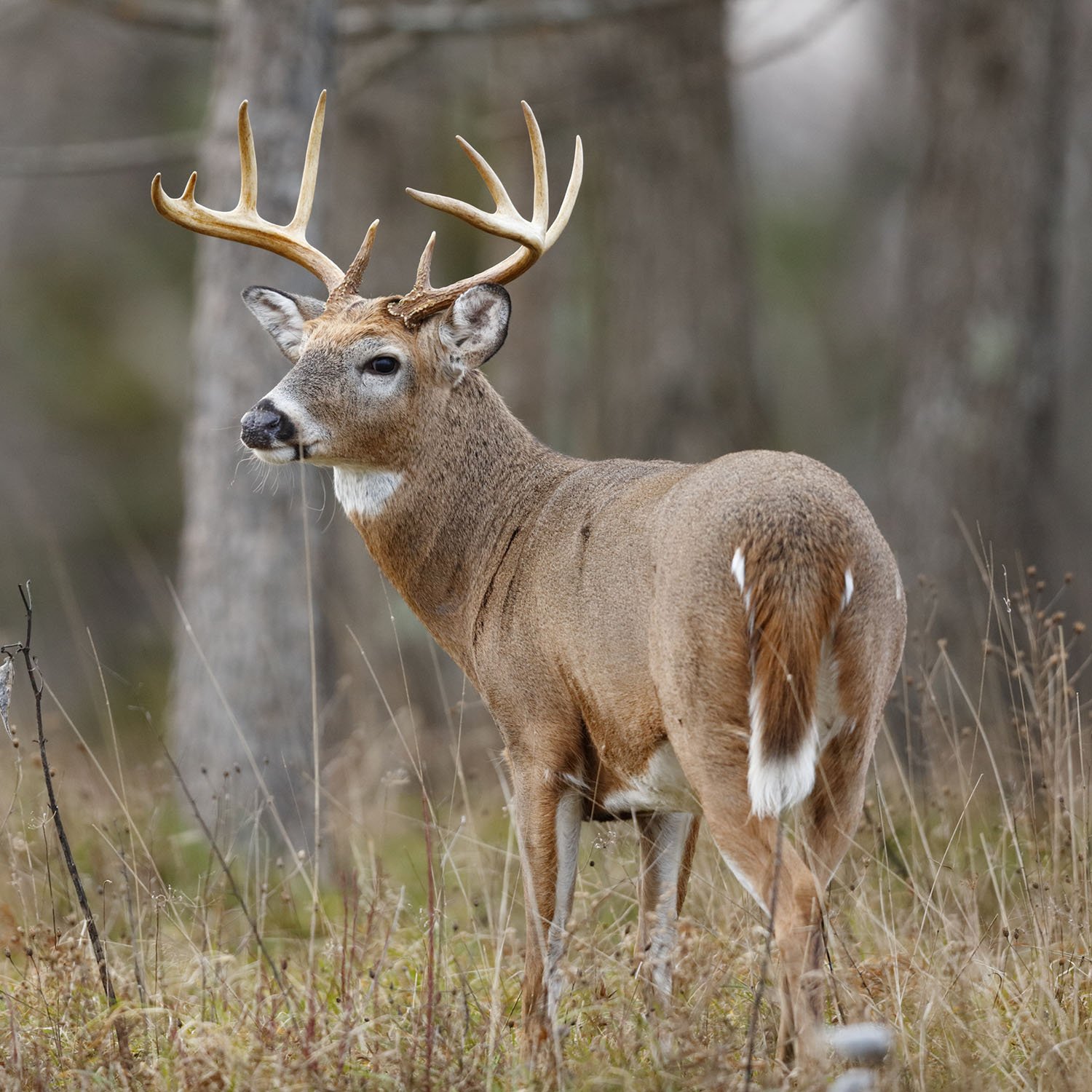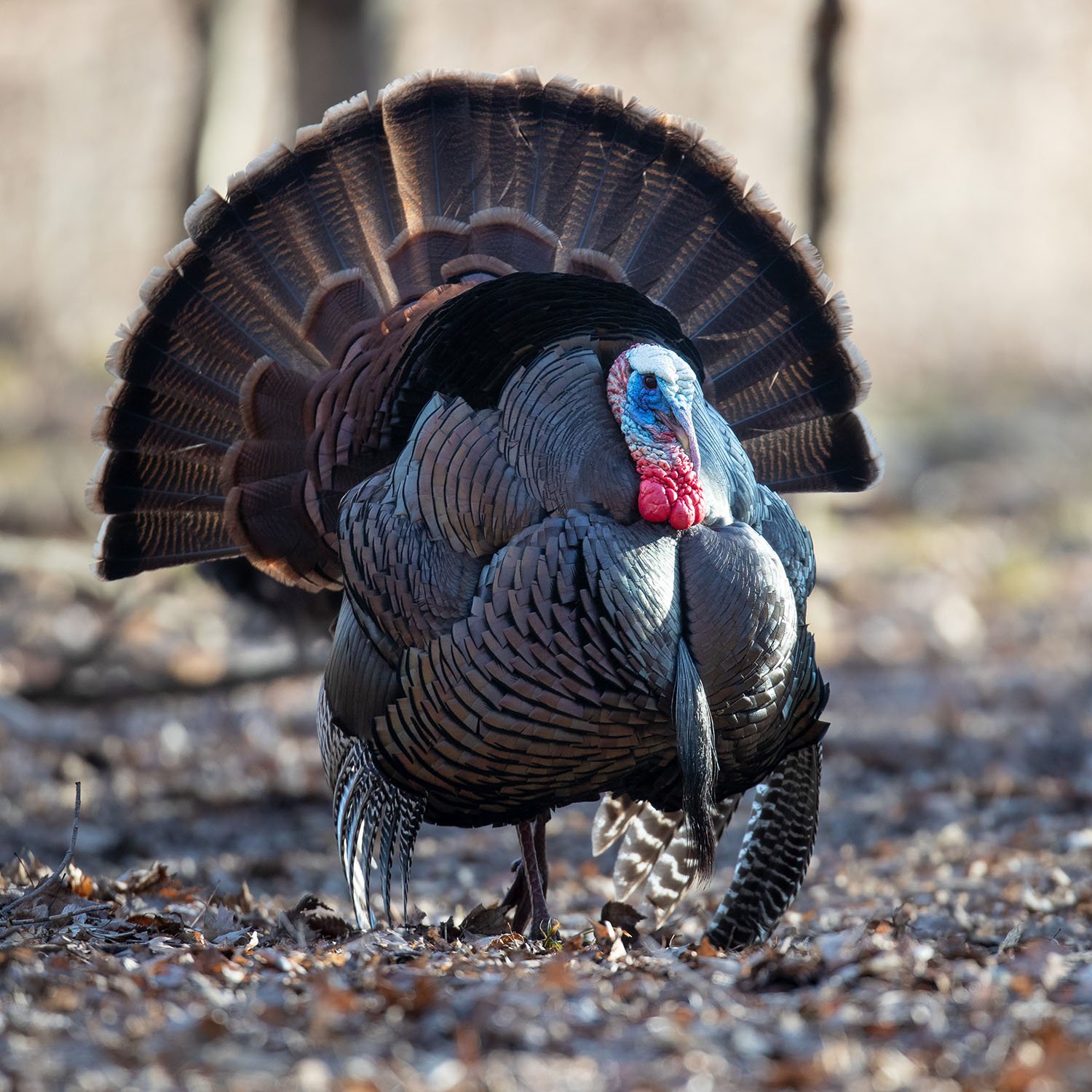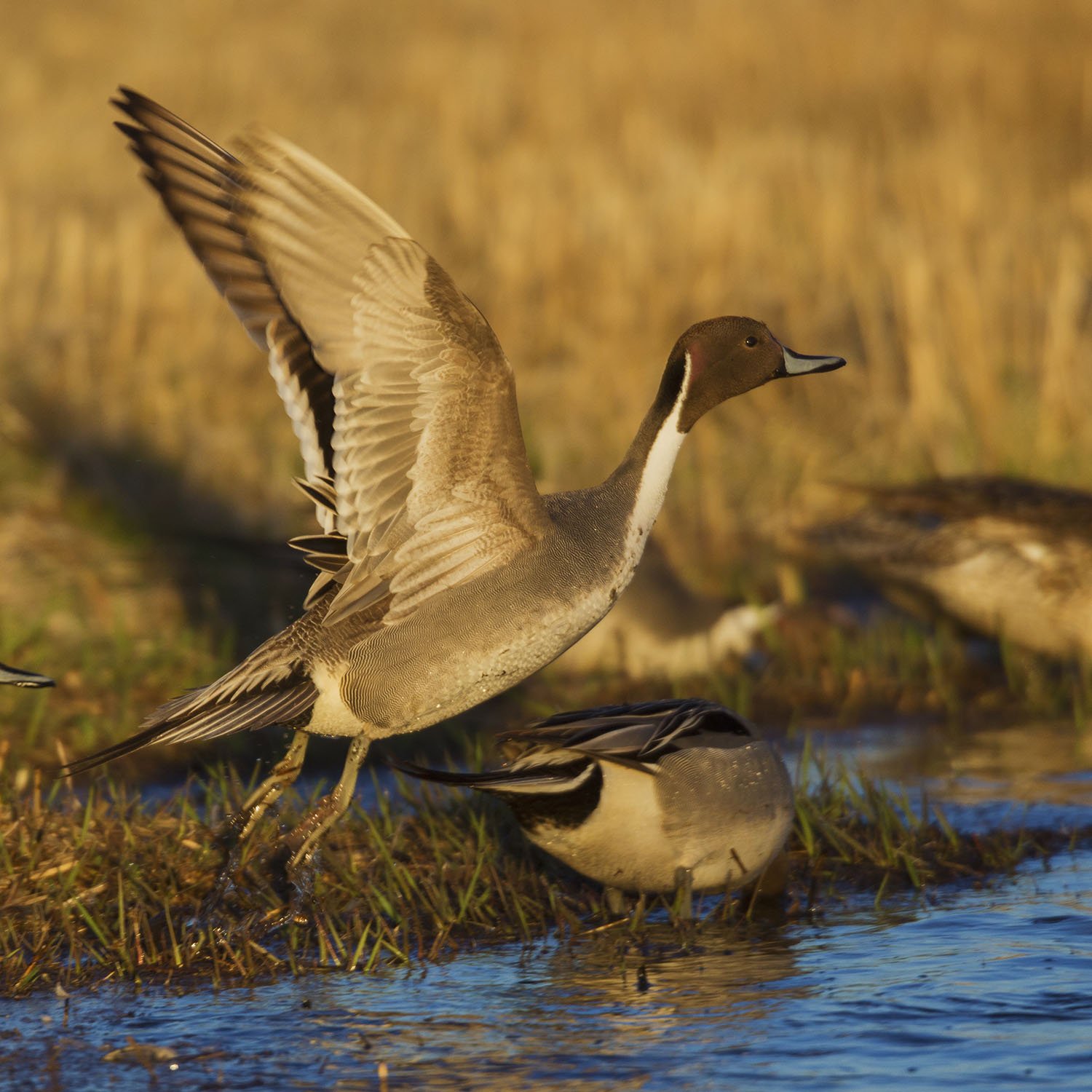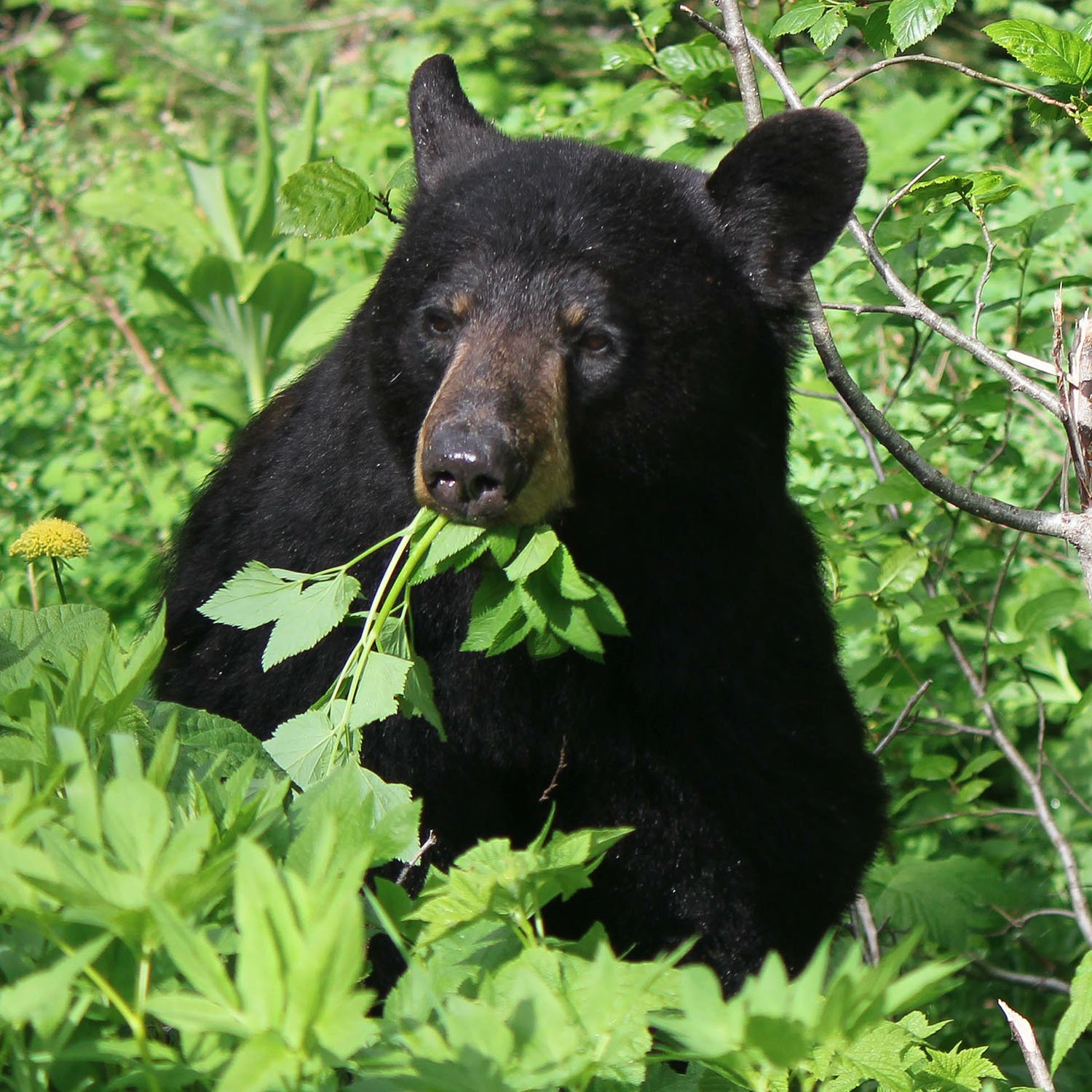Tennessee Hunting Guide
Private lands account for 95% of Texas geography, but the state does offer significant hunting opportunities. Texas’s large amount of open land supports a variety of game species, and its permissive gun laws make hunting very accessible for most people.
Tennessee offers significant hunting opportunities throughout the state. The varied landscape supports several different species, and Tennessee also maintains relatively permissive bag limits.
What to Hunt
Tennessee has large amounts of public land that support healthy populations of many game species.

Deer
Tennessee’s general deer population is strong, but there are not consistent top-end whitetails. Most deer can be found in the eastern regions. Deer season is typically divided into archery, muzzleloader, and gun seasons. There is a statewide limit of two antlered deer, with no more than one taken per day. Antlerless bag limits range from 1-4, depending on the day. Tennessee also has an Earn-A-Buck Program in units affected by chronic wasting disease that allows hunters to take a bonus antlered or antlerless deer.

Turkey
Tennessee is home to abundant populations of Eastern turkeys. The state offers liberal bag limits and long turkey seasons. Turkey hunting opportunities exist statewide in Tennessee.

Waterfowl
Tennessee waterfowl opportunities vary greatly depending on the region. Reelfoot Lake presents the strongest density of waterfowl hunting. Kentucky Lake and Barkley Lake are also ideal waterfowl areas. There is significantly less waterfowl in the more eastern regions of the state. There are special hunts, zones, and blinds for hunters who permanently require use of a wheelchair. Hunters may target dove, sandhill crane, goose, and more.

Bear
Some regions of Tennessee offer significant bear hunting opportunities, especially toward the western border. There is a bag limit of one bear per hunter per year. It is not permitted to take bear cubs, or females accompanied by cubs. Hunters may only take bears weighing at least 75 pounds. It is not permitted to place bait to attract bear, or hunt in bear reserves. Hunters may take wild hogs during a proclaimed bear-dog hunt as long as they have a bear hunting license.
Other Tennessee game species include: Elk, Grouse, Quail, Mourning Dov, Woodcock, Snipe, Squirrel, Rabbit, Bullfrog and Racoon.
Where to Hunt
Tennessee maintains an abundance of public lands for hunters to enjoy throughout the year.
Wildlife Management Areas
Tennessee’s Wildlife Management Areas (WMAs) provide large amounts of huntable land. Almost all big and small game species that exist in the state can be hunted in WMAs. These areas can be found all across the state, with particular concentrations in the western region
National Wildlife Refuges
Tennessee’s National Wildlife Refuges (NWRs) are generally open to hunting. However, hunters must carry with them a refuge permit. Depending on the refuge, a federal permit may also be required. Consult the appropriate office before hunting on NWRs in Tennessee.
State Forests
The following Tennessee state forests are open to hunting: Bledsoe State Forest, Cedars of Lebanon State Forest, Franklin State Forest, Lone Mountain State Forest, and Stewart State Forest.
TWRA Public Hunting Areas (PHAs)
TWRA maintains numerous Public Hunting Areas. These are generally small, isolated areas that are separate from other TWRA managed lands. Wildlife Management Area permits are not required to hunt in PHAs.
Licensing Fees
Most hunters in Tennessee must have valid hunting licenses. Youths under 13 are not required to obtain a license. Hunters ages 10-12 only need a hunter education certificate to hunt.
| License | Fee |
|---|---|
| Hunting and Fishing Combination | $33.00 |
| Waterfowl Supplemental License | $37.00 |
| Annual Big Game Gun Supplemental License | $33.00 |
| Annual Big Game Archery Supplemental License | $33.00 |
| Annual Big Game Muzzleloader Supplemental License | $33.00 |
| Trapping | $33.00 |
| Nonresident Annual Hunting - All Game | $305.00 |
| Nonresident 7-Day Hunting - All Game | $214.00 |
| Nonresident Trapping | $200.00 |
| Nonresident Junior Hunt - All Game | $41.00 |
| Nonresident 7-Day Junior Hunt - All Game | $26.00 |
| Nonresident 7-Day Hunt-Small Game/Waterfowl - No Big Game | $61.00 |
| Nonresident Hunt-Small Game/Waterfowl - No Big Game | $110.00 |
Hunter Education
With few exceptions, those born on or after January 1, 1969 must possess a hunter’s education certificate prior to obtaining a hunting license in Tennessee. The course can be taken online or in person.
Hunters under 10 years old may hunt without a certificate, but they must be accompanied by a licensed hunter at least 21 years of age.
Youth Hunting
Throughout the year, Tennessee offers youth-only hunts for the following game species: deer, turkey, bear, and waterfowl. These hunts are generally open to youth 6-16.
Tennessee Wildlife Management Areas also schedule annual youth hunts for smaller game species.
Trapping
The following species are considered furbearers in Tennessee: bobcat, fox, mink, muskrat, opossum, river otter, raccoon, spotted skunk, striped skunk, weasel, beaver, coyote, and groundhog. A trapping license is required to take any of these animals.
Trappers must inspect their traps and remove any animals at least once every 36 hours. If trapping on another person’s private property, trappers must carry the landowner’s written permission on their person at all times.
Hunting Seasons
| Game | Season Begins | Season Ends |
|---|---|---|
| Deer* | Aug 25 2023 | Jan 31 2024 |
| Elk* | Sep 30 2023 | Oct 20 2023 |
| Black Bear* | Sep 23 2023 | Dec 31 2023 |
| Fall Turkey* | Sep 23 2023 | Nov 3 2023 |
| Spring Turkey | Apr 6 2024 | May 26 2024 |
| Grouse | Oct 14 2023 | Feb 29 2024 |
| Quail | Nov 4 2023 | Feb 29 2024 |
| Mourning Dove | Sep 1 2023 | Jan 15 2024 |
| Woodcock | Nov 11 2023 | Jan 31 2024 |
| Snipe | Nov 14 2023 | Feb 28 2024 |
| Canada Goose | Sep 1 2023 | Sep 17 2023 |
| Wood Duck/Teal | Sep 9 2023 | Sep 13 2023 |
| Squirrel | Aug 26 2023 | Mar 15 2024 |
| Spring Squirrel | May 11 2024 | June 9 2024 |
| Rabbit | Nov 4 2023 | Feb 29 2024 |
| Bullfrog | no closed season | no closed season |
| Racoon | July 1 2023 | Sep 15 2023 |
| Sep 15 2023 | Mar 15 2024 |
*Hunting dates for this species may vary by zone, method of take, or subspecies of animal. Visit the state’s website here to find out more.
Disclaimer: The information provided here is not to be construed as legal advice or acted upon as if it is legal advice: it is provided for informational purposes only. While we strive to provide accurate, up-to-date content, we cannot guarantee the accuracy, completeness, or currency of the information.